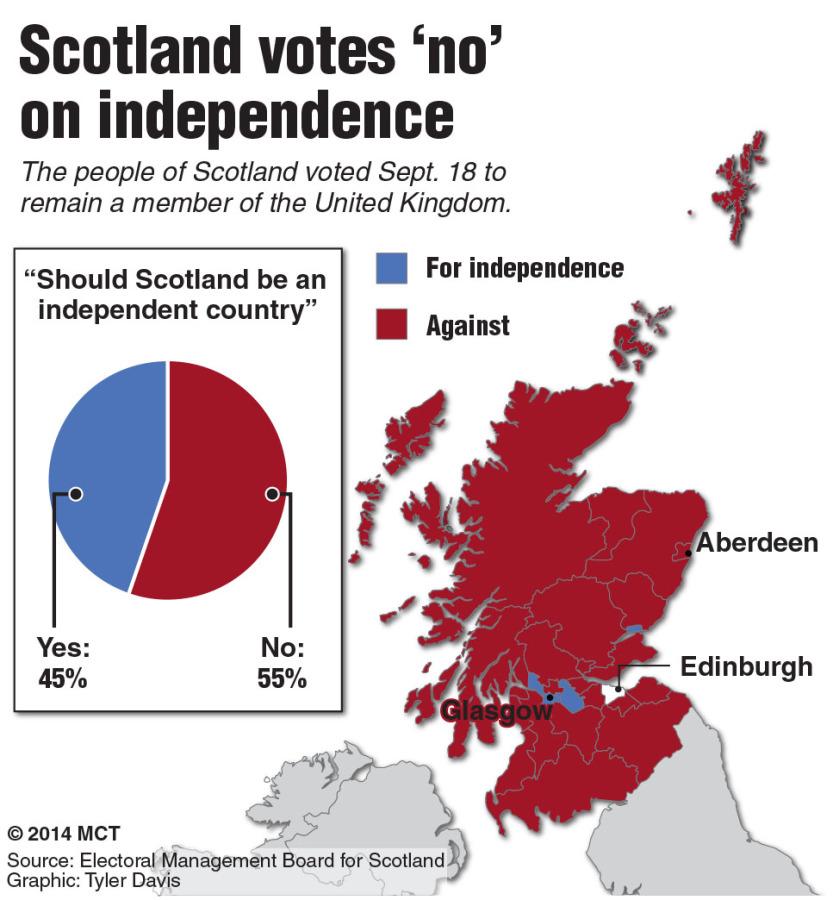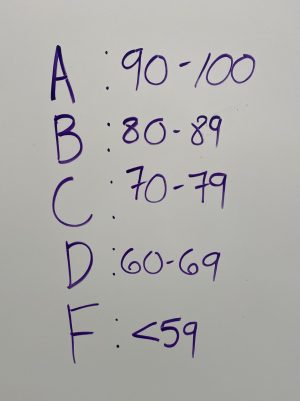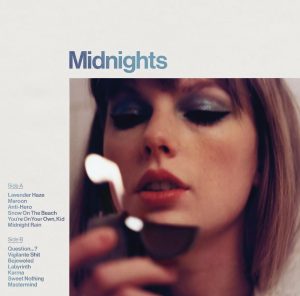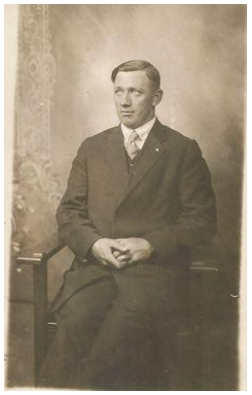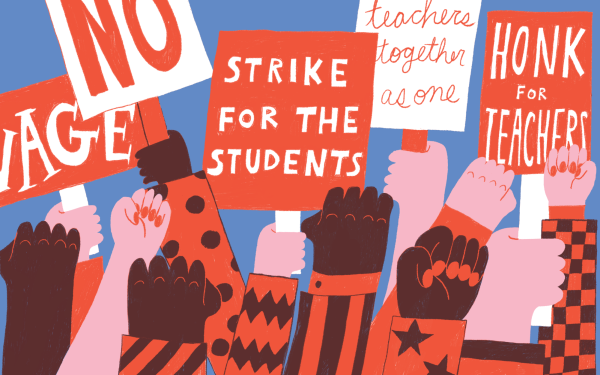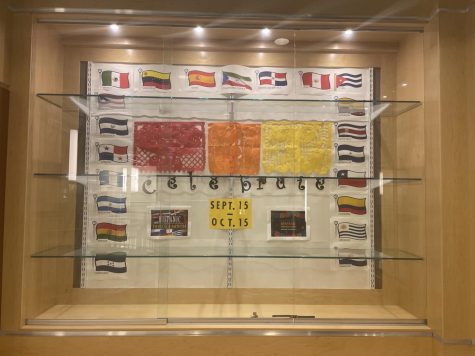Scotland Says “Nay” to Independence
Vote to remain part of the United Kingdom
Map of independence referendum results in Scotland. (MCT 2014)
October 19, 2014107 Views
On September 19, the people of Scotland voted in a referendum to decide the future of their nation. The ballot asked Scots whether Scotland should become an independent country. After all had voted, the BBC reported that “no” received 55% of the vote while “yes” received 45%. Scotland remains a part of the United Kingdom of Great Britain and Northern Ireland.
Scotland hasn’t been independent since 1707 when the Acts of Union were passed by the parliaments in England and Scotland, thus creating the United Kingdom. In 1997 Scotland received its own parliament (its original parliament was dissolved with The Acts of Union) and was given control over local affairs including law, agriculture, education and certain other matters.
However many people, in particular the ruling Scottish National Party, led by First Minister Alex Salmond, wanted (and still wants) Scotland to be completely independent. According to The Economist, the typically left leaning Scots wanted to get away from the “centre-right administration in Westminster.” They desired to have more control over their social services, taxes and the oil reserves off the coast of Scotland, remove the nuclear weapons in Scotland (many of which, the BBC reports, are on lease from the U.S. to the British government), and pursue a closer relationship with the European Union. Unionists, including Prime Minister David Cameron, who wanted (and continue to want) Scotland to remain part of the United Kingdom worried that dividing the country would make it weaker and that Scotland’s economy wouldn’t be able to prosper on its own. According to the BBC, Prime Minister Cameron made a compromise by promising to devolve more authority to local Parliament in Scotland, Wales, and Northern Ireland.
According to The Telegraph, in the months after the referendum was officially announced in March of 2013, polls showed a large percentage in support of Union with Scotland, but as the referendum drew closer, support for Scottish Independence grew. The Telegraph also reports that in the days leading up to the referendum the polls suggested that the vote was “too close to call,” but in the end Scotland decided to remain part of the United Kingdom.

